The Chinese Center for Disease Control and Prevention answers key questions on XBB.1.5, the emerging Omicron strain that is raising concerns globally.
What is XBB.1.5?
The XBB variant is a recombinant strain of BJ.1 and BM.1.1.1 — both being sublineages of the BA.2 variant of Omicron. Offshoots of XBB are rising in the United States and other countries, and one descendant in particular — XBB.1.5 — is gaining an advantage in transmission.
How widespread is XBB.1.5 globally?
Since November, the proportion of cases infected with XBB.1.5 has been increasing in the US. By Dec 30, its ratio was estimated to have reached 40.5 percent and would likely replace BQ.1.1 and BQ.1 to become the dominant strain in the country.
Worldwide, XBB.1.5 has been detected in at least 25 countries or regions by Monday.
What's XBB.1.5's domestic spread like?
From October to December, the mainland had detected 199 cases infected with nine different sublineages of XBB, including four cases contracting XBB.1.5.
During the same period, the mainland had identified 16 domestic cases infected with XBB, all of them being the XBB.1 strain. No locally transmitted XBB.1.5 infections had been reported.
Currently, the dominant strains on the mainland are BA.5.2 and BF.7.
Will XBB.1.5 attack the intestines?
There is no evidence suggesting that XBB.1.5 results in more severe diarrhea or other gastrointestinal symptoms.
Angiotensin converting enzyme 2(ACE2) is the functional receptor on cell surfaces through which the novel coronavirus enters the host cells. ACE2 is expressed not only in the lungs, but also in the intestines.
All viral mutations, including the highly watched XBB.1.5, can infect intestinal mucosa, but whether such an infection will lead to clinical symptoms can vary depending on the health condition of individuals.
Will XBB.1.5 spark a new wave of outbreaks?
Some reports suggest that XBB.1.5 is highly immune evasive. But surveillance data from the US disease control body shows that while the ratio of XBB variants is rising in recent weeks, the numbers of new cases, hospitalizations and deaths have not increased significantly.
The amount of neutralizing antibodies generated after an infection with BA.5.2 or BF.7 can persist at a high level for about three months. They are also protective against other variants, including XBB.
The possibility of seeing another major outbreak driven by XBB in the next three months is very small.
Is XBB.1.5 more pathogenic and virulent?
No countries have reported that XBB.1.5 has higher pathogenicity, or causes more hospitalizations or deaths. Clinical symptoms induced by the strain are no different from other variants.
In the US, the number of COVID-19 deaths reported in the past few weeks stayed at a low level despite wider transmission of XBB.
What can we prepare?
Individuals are advised to continue practicing personal protective measures and wear masks when visiting public spaces. Particular attention should be paid to protecting the elderly and those with serious preexisting illnesses.

















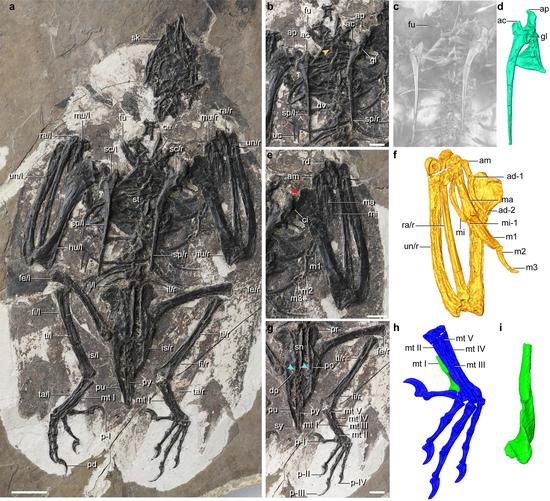












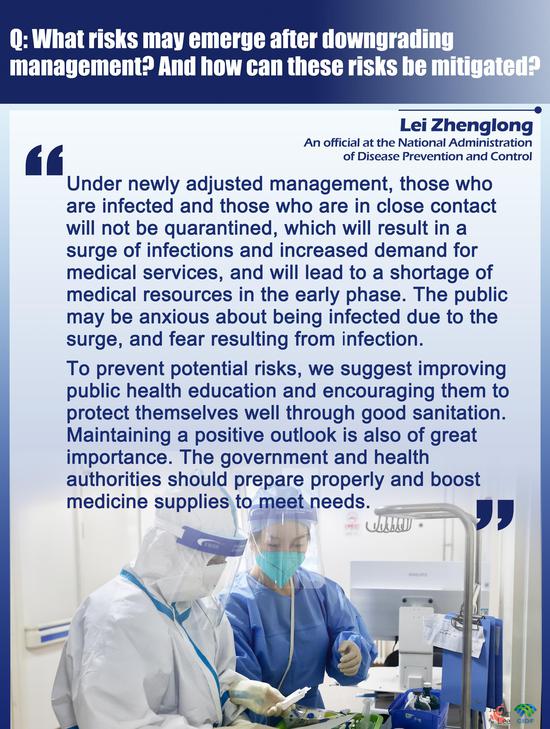

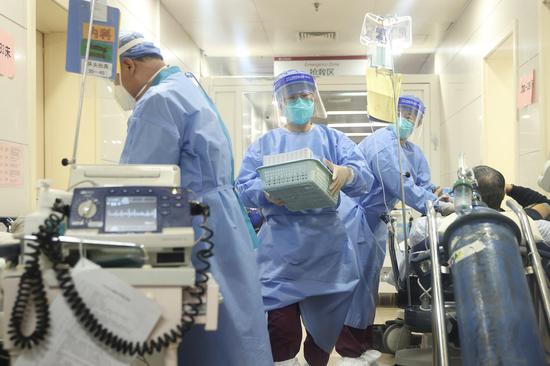






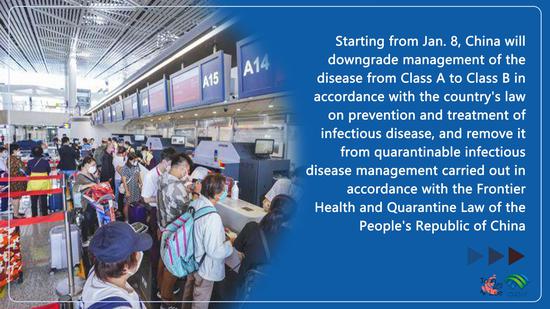


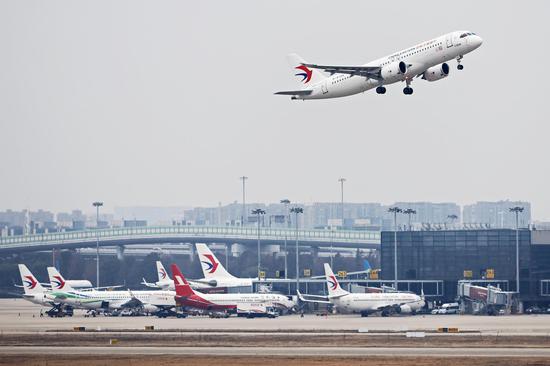







 京公网安备 11010202009201号
京公网安备 11010202009201号